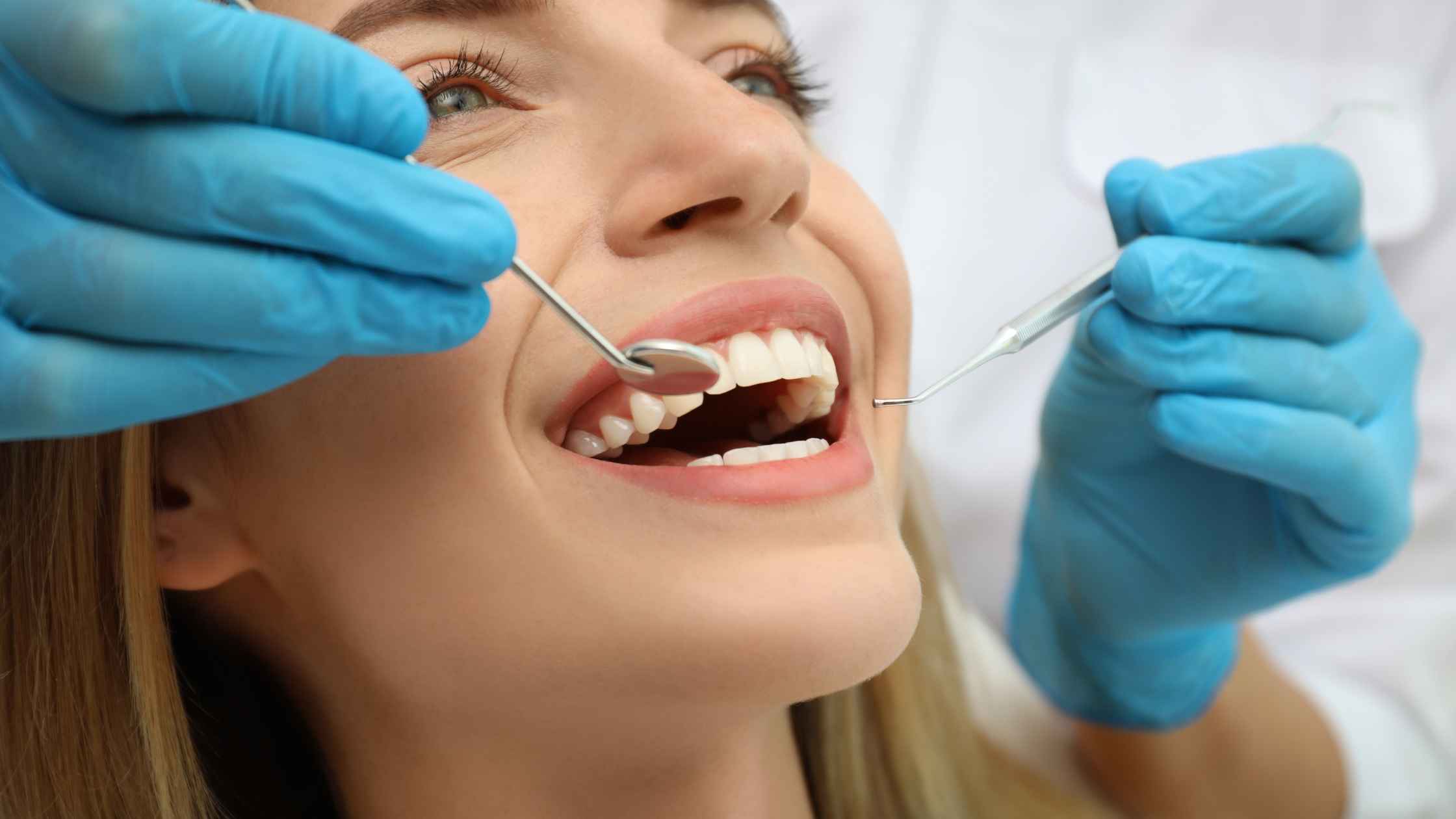
General Dentistry: Your First Line of Defense Against Dental Issues
Introduction
In today's fast-paced world, maintaining good oral health is often overlooked. However, neglecting your dental hygiene can lead to a range of serious dental issues. That's where general dentistry comes in. General dentistry is the foundation of dental care, focusing on preventive and restorative treatments to ensure optimal oral health. In this article, we will explore what general dentistry entails, why it is necessary, and how it serves Ageless Smiles Dental Centre as your first line of defense against dental issues.
What is General Dentistry?
General dentistry encompasses a wide range of dental procedures aimed at maintaining and improving oral health. It involves diagnosing, treating, and preventing various dental conditions that affect the teeth, gums, and overall mouth. General dentists are primary care providers for your oral health needs and play a crucial role in keeping your teeth and gums healthy.
What Does General Dentistry Include?
General dentistry includes several essential services that help prevent and treat dental problems. Here are some key aspects of general dentistry:
Regular Check-ups: Routine dental check-ups allow dentists to monitor your oral health closely. During these appointments, they will thoroughly examine your mouth, teeth, and gums for any signs of decay or disease.
Dental Cleanings: Professional teeth cleanings remove plaque buildup that regular brushing and flossing may miss. This helps prevent cavities, gum disease, and bad breath.
X-rays: X-rays play a vital role in diagnosing dental problems that are not visible to the naked eye. They help identify cavities, impacted teeth, bone loss, tumors, and other potential issues.
Fillings: When cavities occur, fillings are used to restore the affected tooth's structure and function. Fillings can be made from various materials such as amalgam or composite resin.
Root Canal Therapy: When a tooth becomes infected or severely decayed, root canal therapy is often necessary. This procedure involves removing the infected pulp and sealing the tooth to prevent further damage.
Extractions: In some cases, a tooth may need to be extracted due to severe decay, infection, overcrowding, or trauma. General dentists can perform routine extractions and provide appropriate aftercare.

Dentures: Dentures are removable replacements for missing teeth and surrounding tissues. General dentists can help design and fit dentures that restore your smile and improve functionality.
Crowns and Bridges: Crowns are tooth-shaped caps used to cover damaged or weakened teeth, while bridges replace missing teeth by anchoring artificial teeth to adjacent natural teeth.
Gum Disease Treatment: General dentistry includes diagnosing and treating gum disease at various stages. Scaling and root planing are common non-surgical treatments for early gum disease, while advanced cases may require surgical intervention.
Oral Cancer Screenings: Regular oral cancer screenings are an essential part of general dentistry. Dentists carefully examine your mouth for any signs of abnormal growth or tissue changes that may indicate cancerous lesions.
Why is General Dentistry Necessary?
Now that we understand what general dentistry entails, let's explore why it is necessary for maintaining optimal oral health:
Prevention: General dentistry focuses on preventive care such as regular check-ups, cleanings, and patient education about proper oral hygiene practices. By identifying potential issues early on, general dentists can prevent them from progressing into more severe conditions.
Early Detection: Routine dental visits allow dentists to detect dental problems in their early stages when they are easier to treat and less costly to address. Early detection can save you from experiencing pain, discomfort, and extensive dental work down the line.
Overall Health: Oral health is closely linked to overall health. Poor oral hygiene has been associated with conditions such as cardiovascular disease, diabetes, respiratory infections, and adverse pregnancy outcomes. General dentistry helps maintain good oral health, which in turn contributes to your overall well-being.
Customized Treatment Plans: General dentists develop personalized treatment plans based on your specific dental needs and goals. They consider factors such as your age, medical history, lifestyle, and budget to provide the most suitable treatments for you.
Education and Guidance: General dentists not only treat dental issues but also educate patients on proper oral hygiene practices. They offer guidance on brushing techniques, flossing, diet choices, and other habits that promote good oral health for a lifetime.
Referrals to Specialists: If a dental issue requires specialized care or treatment beyond the scope of general dentistry, your dentist can refer you to an appropriate specialist. This ensures that you receive the best possible care for your specific condition.
Frequently Asked Questions
- A: It is generally recommended to visit your general dentist every six months for routine check-ups and cleanings. However, the frequency may vary based on individual needs and risk factors.
- A: Yes, general dentists are trained in cosmetic procedures such as teeth whitening, veneers, and minor orthodontic treatments. However, complex cosmetic cases may be referred to a cosmetic dentist or orthodontist.
- A: Absolutely! General dentists provide comprehensive dental care for patients of all ages, including children. They are skilled in handling pediatric dental needs and ensuring a positive experience for young patients.
- A: Yes, general dentists can identify and address the underlying causes of chronic bad breath. They will evaluate your oral health, discuss your lifestyle and habits, and recommend appropriate treatments or interventions.
- A: Dental X-rays involve minimal radiation exposure and are considered safe. Dentists take necessary precautions to minimize radiation risks, such as using lead aprons and high-speed film or digital sensors.
- A: Many dental offices offer financing options or accept dental insurance plans to help patients afford necessary treatments. It's best to inquire about payment options with your dentist's office.
Conclusion
General dentistry plays a crucial General Dentistry Belmont role in maintaining good oral health and preventing dental issues from escalating into more significant problems. By visiting your general dentist regularly, you can receive personalized care, early detection of potential issues, and valuable education on proper oral hygiene practices. Remember, general dentistry is your first line of defense against dental issues, so prioritize your oral health and schedule those routine check-ups today!